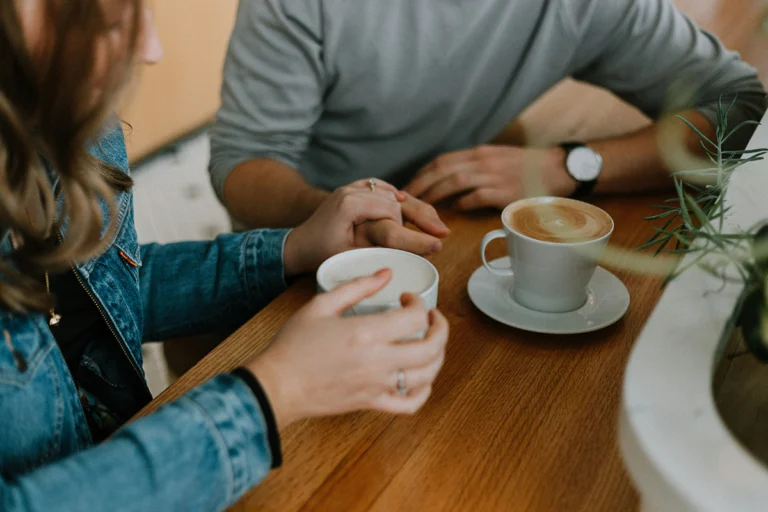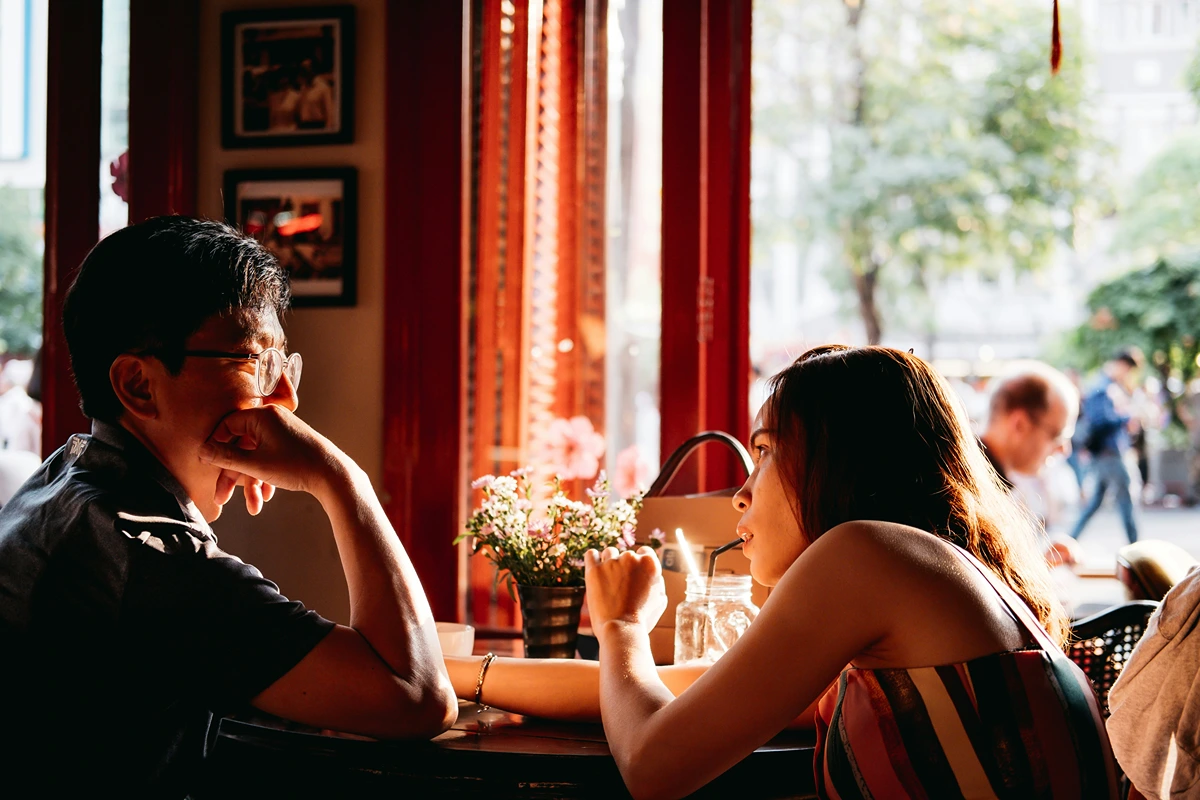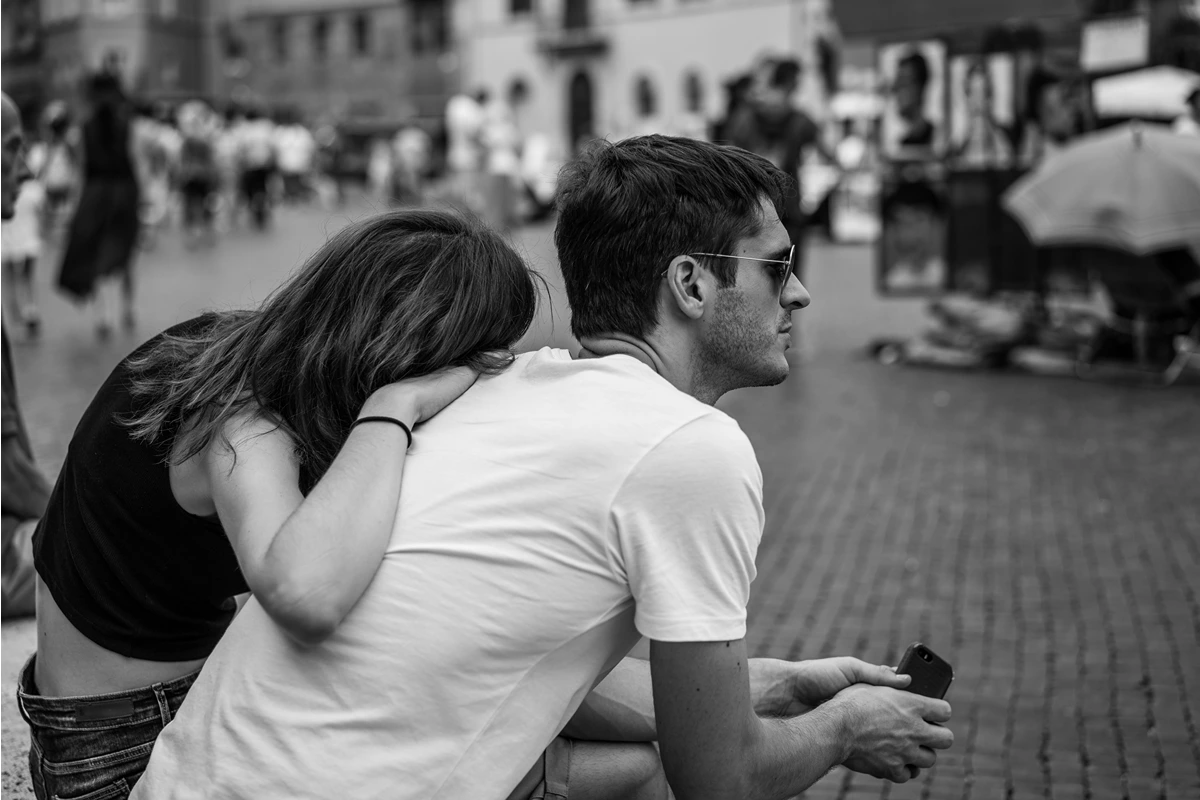Why scrolling for love feels exhausting
A decade of dating-app promises, endless options, and algorithmic matches. This has delivered a hidden side effect: dating-app fatigue. Research links constant swiping to emotional overwhelm, comparison stress, and even lower self-esteem (Doskaliuk, 2023; Syvertsen & Enli, 2020). Tinder/Bumble burnout may arise from feeling like the search is endless.
What a digital dating detox looks like
Borrowed from broader digital-detox science (Radtke et al., 2022), a dating-specific break means pressing pause on every matching app for a set period—seven days, 30 days, or weekends only. The goal: calm the reward-loop craving for the next match and re-engage with in-person cues our brains have evolved to read.
Four benefits you’ll notice off-screen
- Mental reset – Short social-media breaks already lower stress (Przybylski et al., 2021). Removing dating apps from your phone can provide separation.
- Authentic energy – Real-world interaction encourages eye contact, body language, and slower storytelling—apps can’t capture.
- Sharper boundaries – A detox highlights just how often you open apps out of habit, making future mindful dating-app use easier.
- Spend your time selectively – doing things that provide joy.
Set micro-rules that turn passive swiping into intentional action to minimize Tinder/Bumble burnout:
- Limit app checks to a 15-minute window, twice a day.
- Message only people who share a concrete interest, and suggest an offline meet-up within three exchanges.
- Delete “just-in-case” matches; curation beats quantity. This mindset promotes mindful dating app use.
Re-entering the IRL dating pool
Digital-free dating thrives on proximity and shared context. Start with:
- Hobby hubs – pottery class, run clubs, language meet-ups.
- Micro-volunteering – beach clean-ups, dog shelter walks, community gardens.
- Additionally, tell your friends you’re open to meeting new people.
- Approach small talk as practice, not performance. Real-life chemistry often grows from ordinary moments—waiting for coffee, browsing the same bookshelf—not from perfect profiles. True connection encourages the digital dating detox.
Moving towards mindful digital dating
Create a weekly “offline date night”—with yourself or someone new—phone silenced, curiosity on to curb your Tinder/Bumble burnout. Reinstall apps only if they serve your values. Ask yourself: “Will this tool help me meet people I can’t reach otherwise?” If the answer drifts back to boredom or FOMO, extend the detox.
Key takeaways
- Tinder/Bumble burnout recovery starts with a clear, timed digital dating detox.
- Benefits include lower stress, more authenticity, and reclaimed time.
- Use mindful dating-app use tactics or go fully offline to reconnect IRL.
- Prioritize real experiences that enhance your dating life.
References
- Doskaliuk, B. (2023). *Digital detox: A holistic approach to mental and physical well-being with anti-aging benefits.* Anti Aging East Eur, 2(4), 193–196.
- Przybylski, A. K., Thuy-Vy, T. N., Law, W., & colleagues. (2021). Does taking a short break from social media have a positive effect on well-being? *Journal of Technology in Behavioral Science, 6*(1), 1–8.
- Radtke, T., Apel, T., Schenkel, K., Keller, J., & von Lindern, E. (2022). Digital detox: An effective solution in the smartphone era? *Mobile Media & Communication, 10*(2), 190–215.
- Syvertsen, T. (2020). *Digital detox: The politics of disconnecting.* Emerald.
- Syvertsen, T., & Enli, G. (2020). Digital detox: Media resistance and the promise of authenticity. *Convergence, 26*(5–6), 1269–1283.
- Uhls, Y. T., Ellison, N. B., & Subrahmanyam, K. (2014). Benefits of being offline: The impact of reducing social media use on adolescents’ well-being. *Developmental Psychology, 50*(12), 2718–2726.*
*Disclaimer: Offline Now offers educational coaching tips, not medical or therapeutic advice; please consult a qualified health professional for personal or clinical concerns.*


